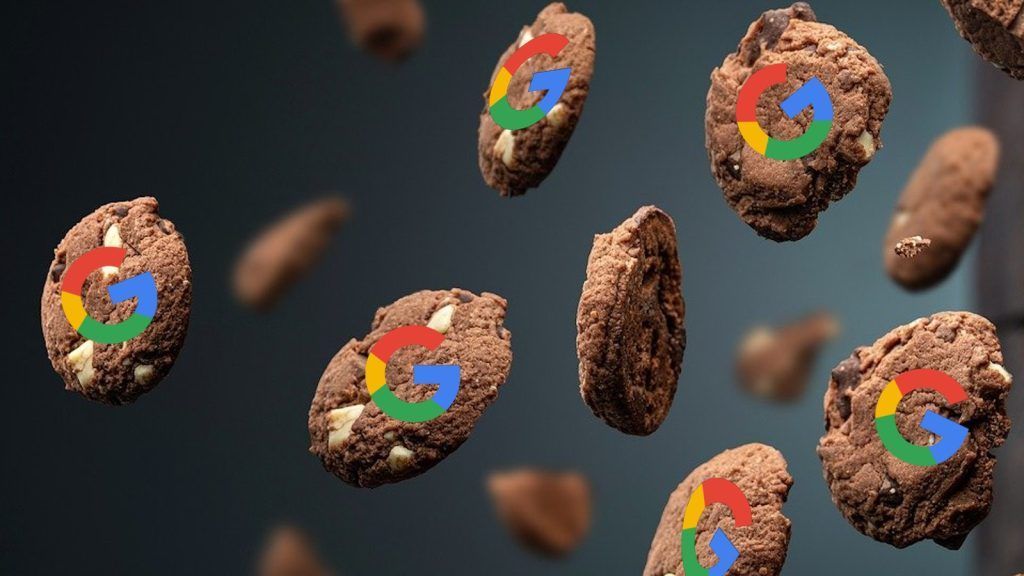Google’s cookie crumble: Adland industry reactions

The advertising industry has been reacting to Google‘s announcement that, after four years of work on killing-off the so-called cookie tech in its browsers, it now plans to keep the controversial digital activity-tracking widgets after all.
Anthony Chavez, vice president of the Google’s Privacy Sandbox initiative, made the statement Monday.
Here’s what some of the top adland leaders in the world are saying about the change of plan and what it means for tech firms, brands and web users…
Piero Pavone, CEO, Preciso
“Google’s decision to backtrack on deprecating third-party cookies in its Chrome browser is disappointing, but not surprising.
“It’s four years since Google first announced its intention to phase out third-party cookies in 2021, since when it has been delay after delay.
“All the while, Google’s alternative, the Privacy Sandbox, has met with criticism from advertisers and publishers, and concerns from regulators over its potential to cause ad spend to become even more concentrated on Google’s ecosystem at the expense of its competitors.
“To all those companies that have been seeking an alternative to third-party cookies, my advice would be to keep going.
“As this latest announcement shows, relying on Google to stick to its promises is a dangerous game to play.”
Suz Chaplin, Founder and CEO, ESBconnect
Google’s decision not to scrap third-party cookies speaks volumes for the challenge they faced in devising a ‘privacy-safe internet’ which was competitively advantageous to them.
“Cookies have their flaws, but no one corporation controls them – any move towards their removal or replacement needs to be a solution that comes from the wider industry.
“Marketers should still understand, however, that third-party cookies on other browsers, such as Safari and Firefox, are automatically blocked, and with the ICO changing consent requirements with a Consent Management Platform, marketers should still consider how best to opt-in their data and build first-party data.”
“With the view that 40% of the internet is not accessible by third-party cookies, this is only set to continue and marketers should not falter on their strategies to take control of their own data.”
James Macdonald, Co-founder & Chief Revenue Officer, Limelight Inc
“Google’s volte-face comes as no real surprise. It’s clear that the status quo of maintaining cookies looks, at least in the shorter term to be all about…Google, rather than anything of any real benefit to the industry.,
“What seems clear is that Google is yet again setting the agenda, managing to control and influence gigantic chunks of revenue in the ad tech world. This really can’t be a healthy situation in the longer term.
“So how will the industry react to this handbrake 180? I’m sure there was a broad collective intake of relief-laden breath from a broad section of the community this morning, but also some serious head-scratching from the nascent industry that has emerged to deliver targeting solutions based on the direction Google seemed to be headed in until last night.
“The dollars spent across the landscape forging solutions and alternatives may feel wasted, but this is not so.
“What is still clear is that businesses should continue to develop first-party data options, as well as forensic contextual strategy, and ultimately be more self-determining and in charge of their own destinies.”
Will Harmer, Chief Product Officer, Utiq
“Utiq’s testing with top European web publishers and advertisers shows that 50% of inventory is already cookieless. This excludes Connected TV (CTV) and mobile apps, where Google’s plans are still unclear.
“However, cookies – even if they are present – are a poor proxy for a person.
“Again, Utiq data shows that on average, a single person today is represented by multiple third party cookies. This means they were never a good solution for advertising in the first place.
“For a sustainable, dynamic open web, the industry must wrestle control from a few dominant gatekeepers who have held sway for too long. Before the open web becomes less valuable for everyone, something has to change.
“It’s time to embrace new technologies and establish a more balanced and transparent ecosystem that prioritizes user consent.
“Working together as an industry, we can empower trusted and responsible digital marketing that fosters quality ad-funded content and online services with data privacy at their heart.
Also published in: Mediashotz



